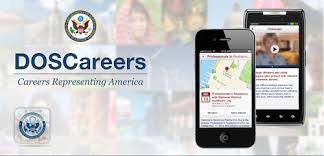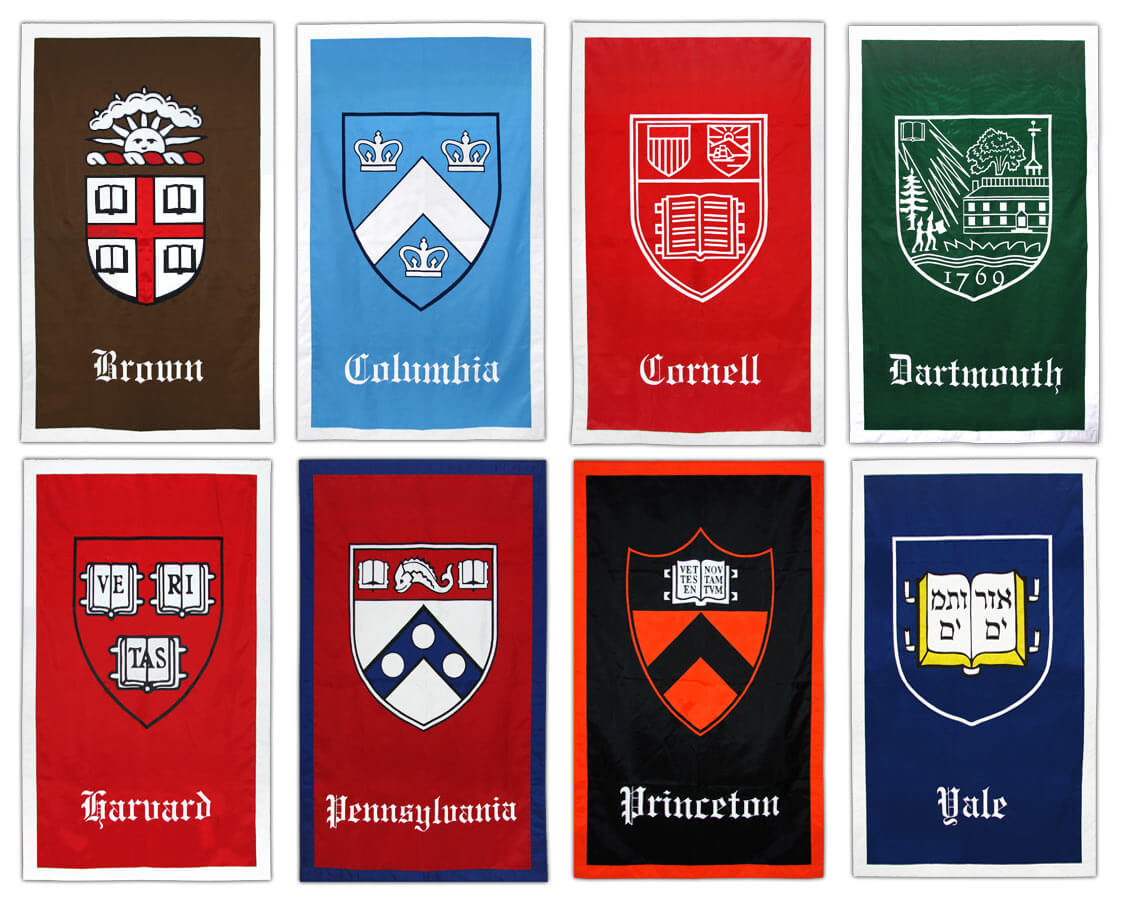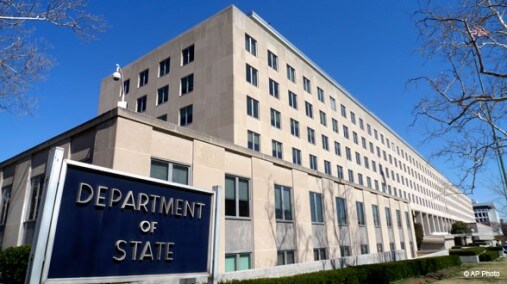Make sure you get the right one. The DOSCareers app is free, gratis, $0.00. Developed by the State Department and MetroStar Systems, the FSOT app is excellent and mirrors what’s on the State Department Career website — Careers.State.Gov.
Be warned there are a bunch of apps that offer to teach and test and prep you for the Foreign Service Exam. All of these apps cost money. Make sure you get the DOSCareers app first. You cmight want to buy them; I leave that up to you.




Recent Comments